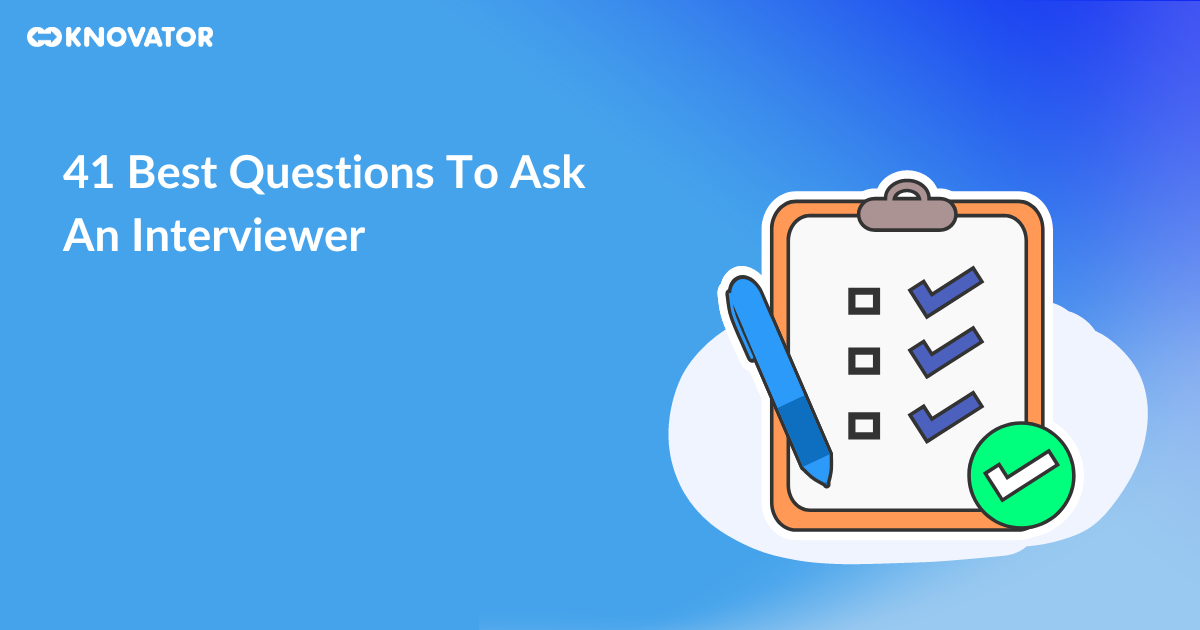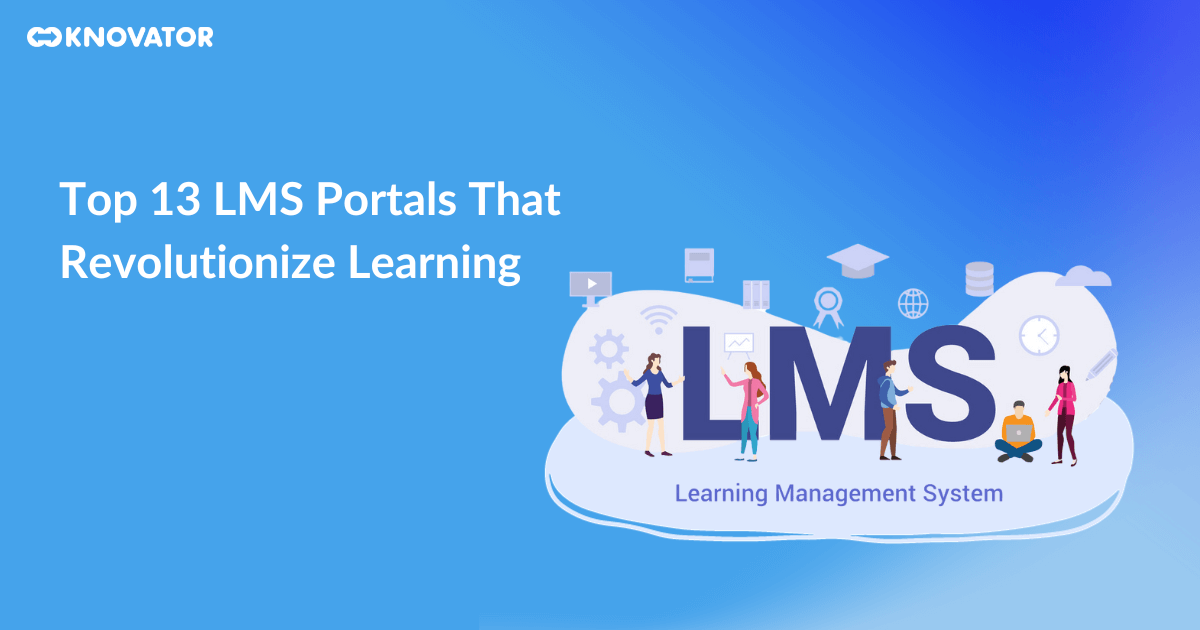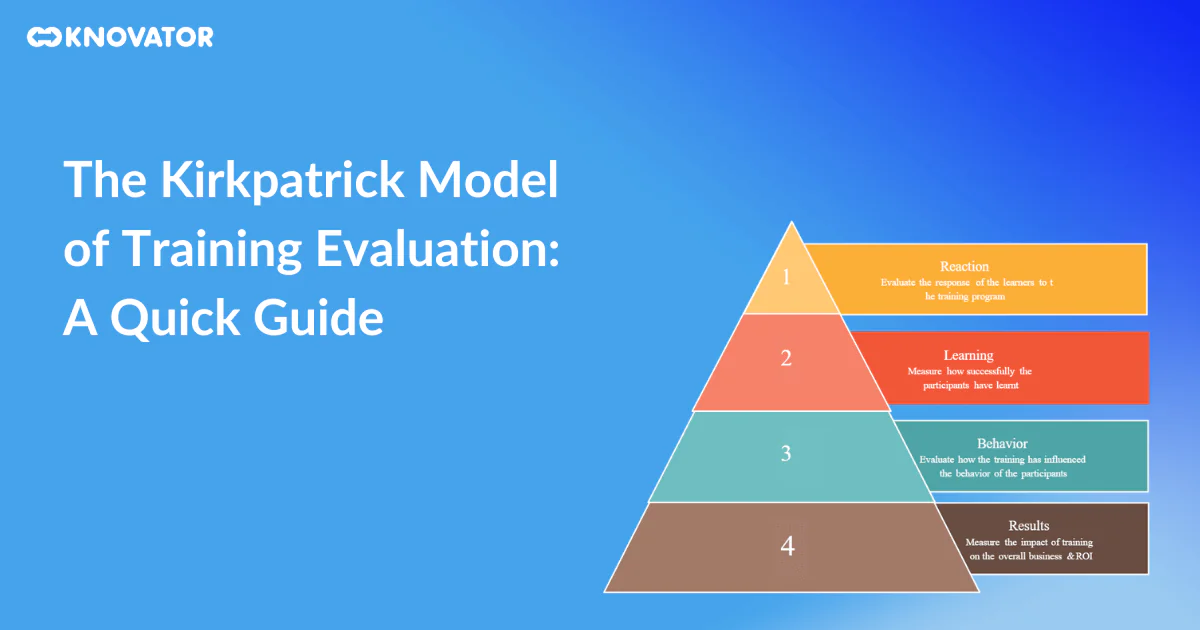Today, we’re exploring the world of Learning Management Systems, or LMS. An LMS is a digital platform that creates, distributes, and manages educational content. It’s a game-changer in the realm of education and training.
Types of Learning Management Systems
Are you looking to enhance your organization’s learning and training efforts? A Learning Management System (LMS) is what you need! But with various types of LMS available, choosing the right one that aligns with your goals is essential. Let’s explore the different types:
1. Enterprise LMS
Perfect for large organizations, enterprise LMS solutions offer robust features to cater to a diverse workforce. They can handle high volumes of users, offer advanced reporting, and integrate with other business systems.
2. Individual LMS
Designed for solo users or small groups, individual LMS platforms provide a more personalized learning experience. They are easy to set up and manage, making them ideal for entrepreneurs, freelancers, or small businesses.
3. Free LMS
Free LMS options can be a great starting point if you’re on a tight budget. They often come with basic features for creating and delivering content without any upfront cost.
4. Commercial LMS
For organizations seeking premium features and comprehensive support, commercial LMS products are worth considering. They usually offer more advanced tools and dedicated customer service.
5. SaaS (Software as a Service) LMS
SaaS LMS solutions are cloud-based, accessible from any device with an internet connection. They offer hassle-free maintenance, automatic updates, and scalability, making them popular among various businesses.
6. Licensed Product LMS
Licensed Product LMS is installed on your organization’s servers, offering greater control over data and customization options. It’s a preferred choice for companies with strict data privacy requirements.
7. Cloud-based LMS
These LMS solutions operate entirely in the cloud, eliminating the need for on-premise infrastructure. They provide easy access to training materials from anywhere, anytime.
8. On-premise LMS
On-premise LMS platforms are installed and hosted on the organization’s servers. This option provides complete control over data security and system updates but may require more IT resources.
9. Integrated Authoring Tools LMS
LMS with integrated authoring tools enables content creation directly within the platform. This streamlines the process and reduces the need for external content development tools.
10. Pre-written CMS LMS
Some LMS use pre-written content management systems (CMS) to organize and deliver learning materials. This can be helpful for those who prefer to use existing content.
Choosing the right LMS type depends on your organization’s size, budget, technical capabilities, and specific learning needs. Whether you opt for an enterprise-grade solution, a user-friendly individual LMS, or a cloud-based platform, selecting the right type is crucial for successful learning and training initiatives.
Take the time to assess your requirements and explore the various options available to make an informed decision that supports your organization’s growth and development.
Key Benefits of Learning Management Systems
Using an LMS offers many advantages that will streamline your training processes and encourage a culture of continuous learning. Let’s dive into the top nine benefits of using an LMS and discover how it can propel your organization to new heights.
- Centralized Learning Hub
An LMS acts as a one-stop shop for all your learning needs. It consolidates content creation, distribution, and management, making it a breeze for administrators and learners to access and utilize training materials.
- Cost-Effectiveness
Say goodbye to expensive training materials and logistical nightmares! With an LMS, you can significantly reduce costs related to printing, shipping, and conducting in-person training sessions.
- Time-Saving Automation
Administrative tasks can be tedious and time-consuming, but an LMS automates many processes. From enrollment to grading, it handles routine tasks, letting your team focus on more critical aspects of training.
- Consistent Training Standards
Maintaining consistent training standards across your organization becomes effortless with an LMS. It ensures that all employees receive the same high-quality training, fostering a sense of unity and professionalism.
- Personalized Learning Experience
We all learn differently, and an LMS understands that. By tailoring content to individual learning styles and paces, the platform enhances the effectiveness and engagement of each learner.
- Progress Tracking and Reporting
Gone are the days of wondering how well your team is progressing. An LMS provides comprehensive tracking and reporting features, enabling you to monitor learners’ achievements and identify areas for improvement.
- Improved Employee Performance
Equipped with plenty of knowledge and skills gained through the LMS, your employees’ performance is bound to soar. The platform empowers them to be more competent and confident in their roles.
- Ensured Regulatory Compliance
Regulations are ever-evolving, but compliance is non-negotiable. An LMS helps you stay up-to-date with the latest requirements, ensuring your organization remains compliant without any hassle.
- Scalability for Growth
As your organization grows, so will your training needs. Fortunately, an LMS is scalable and adaptable, accommodating an increasing number of learners and expanding training programs.
- Cultivating a Learning Culture
Embracing an LMS fosters a culture of learning and development within your organization. Innovation and improvement become second nature when continuous learning becomes ingrained in your company’s DNA.
In conclusion, implementing a Learning Management System is a no-brainer for any forward-thinking organization. From cost savings to enhanced productivity, an LMS brings many benefits to the table. So why wait? Embrace the power of learning and watch your organization thrive like never before!
Features of Learning Management Systems

From seamless course creation to robust security measures, LMS is a powerhouse of functionalities that support an effective and engaging learning experience. Let’s dive into the top 10 features that make LMS a game-changer in education and professional development.
Course Creation and Management: LMS offers easy-to-use tools for creating and organizing courses. Instructors can structure content, add multimedia elements, and update materials effortlessly.
Course Delivery: With LMS, learners can access courses anytime, anywhere. Its online nature allows flexible learning, catering to diverse schedules and preferences.
User Management: LMS enables administrators to manage user profiles, granting access to relevant courses and tracking progress effectively.
Enrollment and Registration: Learners can enroll in courses through a straightforward registration process, streamlining the onboarding experience.
Assessment and Evaluation: LMS provides various assessment methods, like quizzes and assignments, ensuring learners’ comprehension and knowledge retention.
Communication and Collaboration: Discussion boards, chat features, and messaging options foster a collaborative learning environment, encouraging peer-to-peer interaction.
Tracking and Reporting: LMS generates insightful reports on learners’ performance, allowing educators to identify areas for improvement and track the overall effectiveness of the courses.
Integration with Other Tools: LMS easily integrates with external applications and plugins, enriching the learning experience with multimedia content, analytics, and more.
Customization and Branding: Institutes and organizations can personalize their LMS platforms with logos, color schemes, and branding elements to reinforce their identity.
Mobile Learning: LMS supports mobile devices, enabling learners to access educational content on the go, promoting continuous learning beyond the traditional classroom.
Learning Management Systems (LMS) have become indispensable for educational institutions and businesses. These feature-packed systems offer a comprehensive learning solution from creating courses to mobile learning. Embrace the power of LMS to revolutionize your learning journey and stay ahead in the fast-paced world of education and professional development.
Applications of LMS for Employee Learning and Development

An LMS is a powerful tool for employee learning and development.
- It supports onboarding and orientation, ensuring new hires have the knowledge they need to succeed.
- It facilitates skill development and training, helping employees stay up-to-date.
- It manages compliance training, ensuring employees understand and adhere to regulations.
- It aids in performance management, identifying gaps in knowledge and skills.
- It fosters career development, providing learning opportunities for advancement.
- It encourages collaboration and knowledge sharing, building a community of learners.
- It personalizes learning, catering to individual needs and preferences.
- It provides analytics and reporting, giving insights into learning progress and outcomes.
- It saves time and costs, reducing the need for in-person training.
- It supports remote and mobile access, allowing employees to learn anytime, anywhere.
How to Select the Best LMS for Your Organization?

Choosing the right LMS for your organization is a critical decision. Here are some factors to consider.
First, look for an LMS that delivers measurable results. It should improve learning outcomes and contribute to your organization’s goals.
Second, consider accessibility and user-friendly design. The LMS should be easy to use for both administrators and learners.
Third, consider adaptability. The LMS should be flexible enough to accommodate your organization’s changing needs.
Fourth, consider secure data management. The LMS should protect your data and comply with relevant regulations.
Finally, consider support response and training. The LMS provider should offer timely and effective support and provide training on how to use the system.
By considering these factors, it is easy to select an LMS that meets your current needs and supports your organization’s future growth.
Leverage The Power of LMS & Gain Knowledge
And there you have it—a detailed guide on Learning Management Systems. Learning Management Systems are a powerful tool for anyone interested in digital learning. This technology allows individuals and organizations to enhance their learning experiences and achieve their goals. So, whether you’re looking to improve your skills or provide better training for your team, be sure to explore the world of LMS and all it has to offer.
Happy learning!















